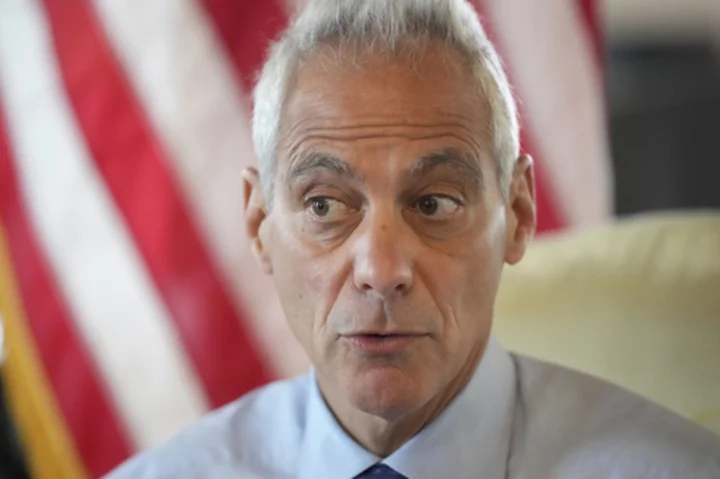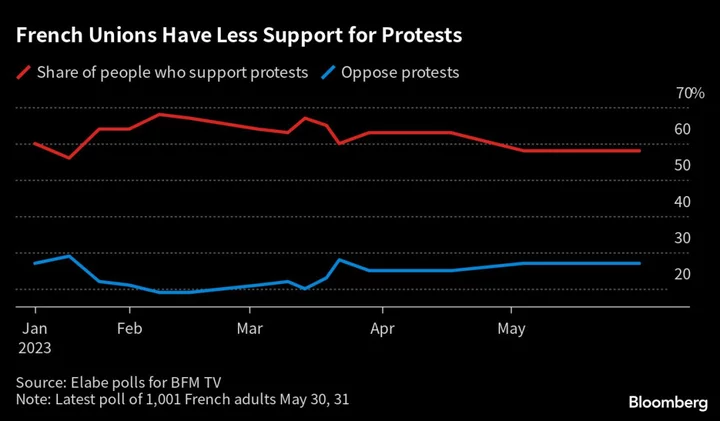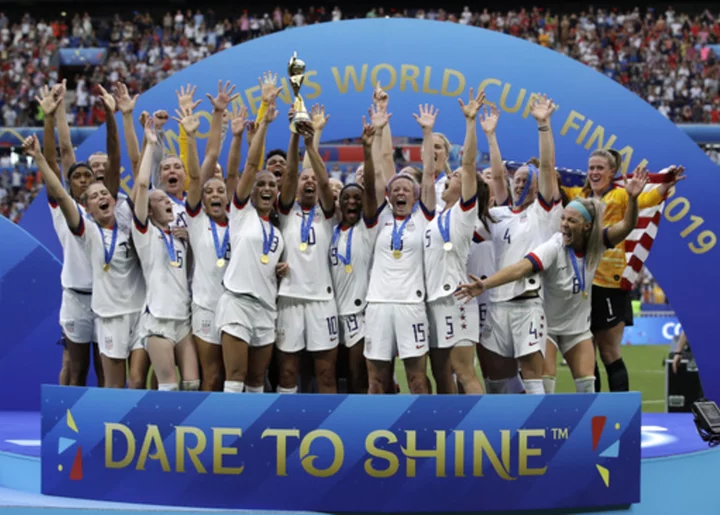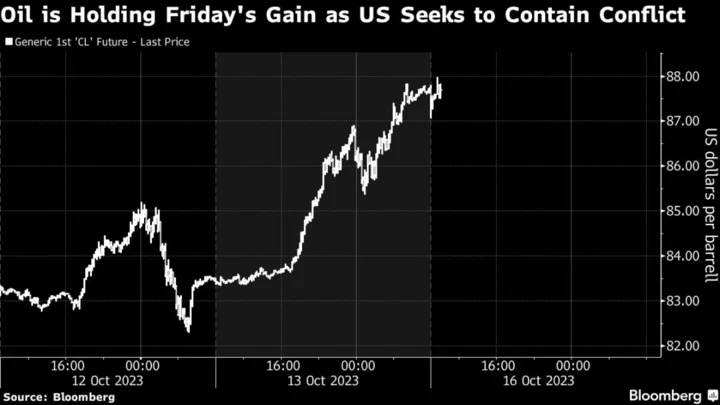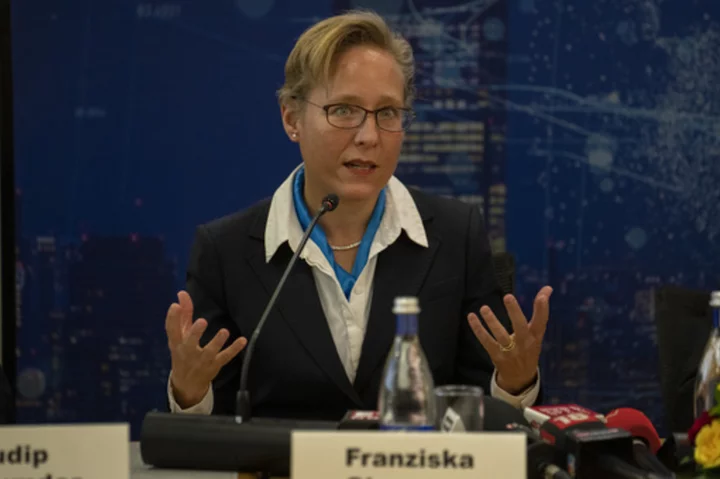TOKYO (AP) — U.S. Ambassador to Japan Rahm Emanuel accused China on Friday of using “economic coercion” against Japan by banning imports of Japanese seafood in response to the release of treated wastewater from the damaged Fukushima nuclear plant into the ocean, while Chinese boats continue to fish off Japan's coasts.
“Economic coercion is the most persistent and pernicious tool in their economic toolbox,” Emanuel said in a speech Friday in Tokyo, calling China's ban on Japanese seafood the latest example.
China is the biggest market for Japanese seafood, and the ban has badly hurt Japan's fishing industry.
“China is engaged right now in fishing in Japan’s economic waters while they are simultaneously engaged in the unilateral embargo on Japan’s fish,” Emanuel said. He said China’s intention is to isolate Japan.
Japan began gradually releasing treated wastewater from the crippled Fukushima plant into the sea on Aug. 24. The water has accumulated at the plant since it was crippled by a massive earthquake and tsunami in 2011. China immediately banned imports of Japanese seafood, accusing Tokyo of dumping “radiation contaminated water” into the ocean.
The International Atomic Energy Agency has said the release, if carried out as planned, will have a negligible impact on the environment, marine life and human health.
Emanuel posted four photos on X, formerly called Twitter, on Friday that he said showed “Chinese vessels fishing off Japan's coast on Sept. 15, post China's seafood embargo from the same waters. #Fukushima.”
Emanuel has also posted other comments about China that have been interpreted as critical, including one on Sept. 15 about Chinese Defense Minister Li Shangfu, who has not appeared in public for weeks, speculating he might have been placed under house arrest.
On Aug. 8, Emanuel posted that Chinese President Xi Jinping’s Cabinet lineup was “resembling Agatha Christies’s novel ‘And Then There Were None,’” noting the disappearances of Li, Foreign Minister Qin Gang, and commanders of China's rocket force.
Four days later, he accused China of using AI to spread false claims that U.S. “weather weapons” had caused the wildfires in Maui and that the U.S. Army had introduced COVID-19 to China.
“I think you can have a mature relationship, have dialogue, conversation, but when somebody is offsides ... I think the most important thing you have to do is to be able to have veracity and call disinformation disinformation,” he said Friday.

